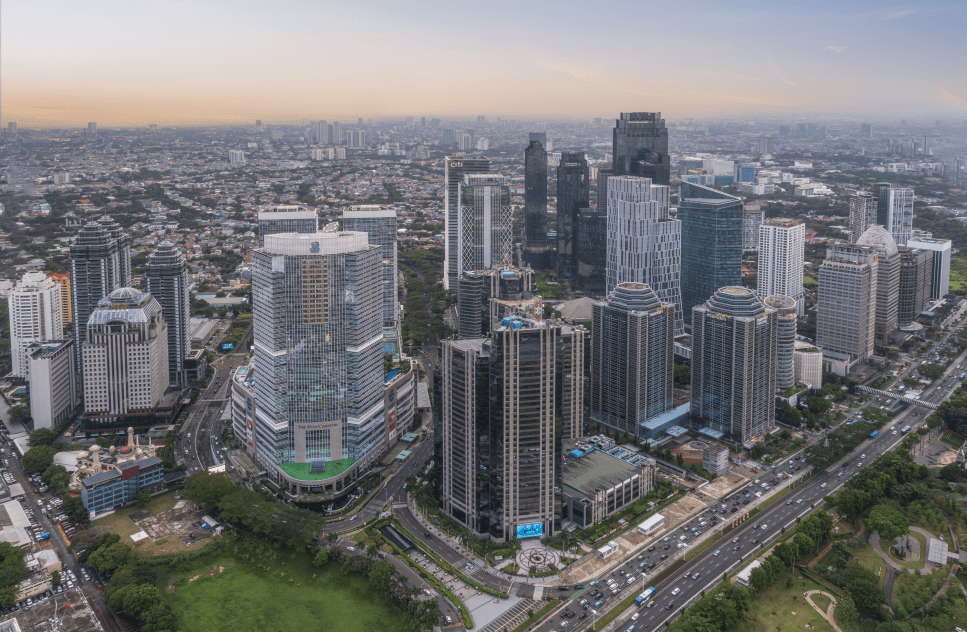Indonesia’s ambition to become a major investment destination faces new challenges as the country’s global competitiveness ranking plunged significantly. According to the 2025 World Competitiveness Ranking (WCR) released by the IMD World Competitiveness Center (WCC), Indonesia dropped 13 positions, falling from 27th in 2024 to 40th out of 69 countries.
This sharp decline halts Indonesia’s three-year upward trend and places it alongside Turkey as one of the countries experiencing the steepest fall.
“post-pandemic, Indonesia was among the strongest performers in competitiveness, rising 11 ranks. However, this year, that momentum has weakened due to external pressures such as the tariff war targeting Southeast Asia,” Arturo Bris, Director of WCC IMD said, as quoted by Kontan.
Economic and Structural Challenges Behind the Drop
The 2025 WCR combines 170 hard data points and 92 executive survey results from over 6,000 respondents globally. In Indonesia, 66.1% of executives cited limited economic opportunities as a key driver of social polarization and inequality.
Core issues dragging down Indonesia’s competitiveness include inadequate infrastructure, lack of skilled human resources, weak institutions, high unemployment, and uneven regional development. The IMD report also ranked Indonesia 62nd in education, 63rd in health and environment, and 51st in government efficiency out of 69 countries.
“Government efficiency cannot just be a slogan. Concrete actions are needed for Indonesia to build economic resilience and remain an attractive investment destination,” Bris emphasized.
Despite massive infrastructure development in recent years—including toll roads, ports, and airports—concerns remain about effectiveness. “Many airports were built but lack passengers, and the quality of toll roads is still questionable. Infrastructure development doesn’t always equal productivity gains,” said Prof. Dr. Rossanto Dwi Handoyo, an economics expert from Universitas Airlangga (UNAIR).
Rossanto also highlighted that Indonesia’s infrastructure quality index dropped from 28th to 34th, underscoring inefficiencies in translating infrastructure into economic mobility.
Innovation and Human Capital Lag Behind
Another critical weakness lies in Indonesia’s low innovation capacity. According to Prof. Rossanto, research and development (R&D) spending remains below 0.5% of GDP.
“Without sufficient R&D funding, it’s hard to generate value-added products or increase national patents. Moreover, our workforce still struggles to meet industrial demands,” he emphasized.
Rossanto warned that without urgent reform, Indonesia could fall into a middle-income trap, with stalled economic growth and limited social progress.
“If we truly aim for Golden Indonesia 2045, structural reforms must be consistent. It’s not just about building roads and airports, but also about investing in clean governance, innovation, and quality human resources,” he concluded.
Indonesia’s setback in global competitiveness, while concerning, presents an opportunity for introspection and systemic reform. Policymakers, business leaders, and educational institutions must work together to address these structural weaknesses and regain international confidence.
Source: Kontan, CNBC Indonesia, UNAIR
Special Photo Credit: SCBD


